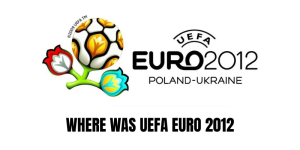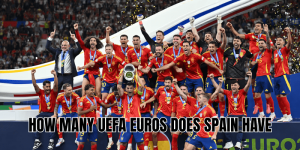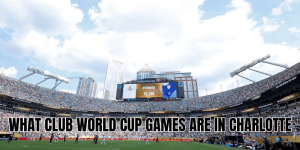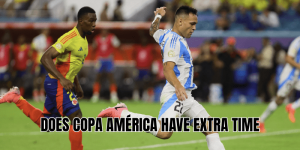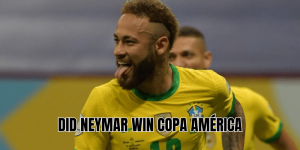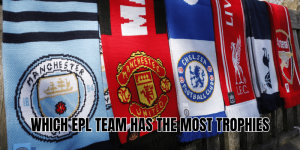Dream League Soccer (DLS) has millions of fans worldwide, yet many players often ask the same frustrating question: why Bundesliga players are not in DLS. Imagine building your dream squad and realizing you can’t sign Bayern Munich’s legends, Borussia Dortmund’s rising stars, or Leipzig’s quick attackers. The answer is not about a lack of recognition but about licensing, legal rights, and financial agreements that control how football leagues appear in video games. Simply put, Bundesliga clubs and the German national team operate under different deals that restrict their presence in DLS.
In this article, SansBall will guide you through the truth behind this mystery. We’ll explore licensing laws, the role of FIFPro, why Bundesliga is treated differently, and whether there’s any hope for German football’s return to the game.
The role of licensing in football games
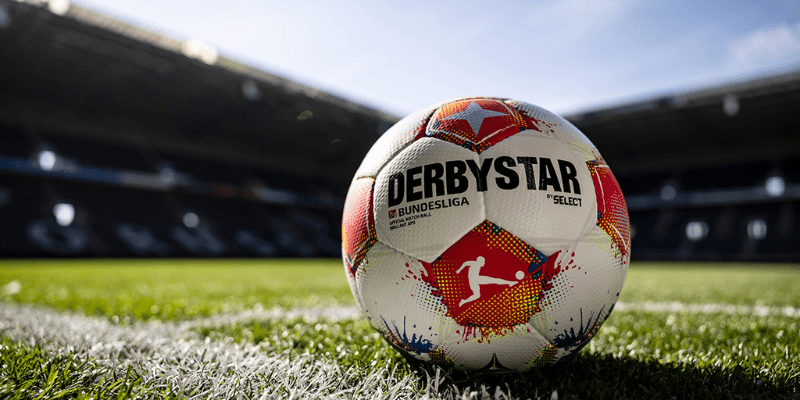
Every football game you play is built on licensing agreements. These licenses are not just paperwork; they are million-dollar contracts that decide which players, clubs, kits, and stadiums appear in the virtual world. Without them, developers face lawsuits or bans.
FIFPro’s global license
Most players in DLS come through the FIFPro license, which allows developers to use names and likenesses of professional footballers. That’s why you can find Messi, Ronaldo, or Mbappe in the game. However, FIFPro doesn’t cover everything. Some leagues or clubs demand exclusive agreements.
Why Bundesliga stands apart
The Bundesliga and the German Football Association (DFB) often sell exclusive rights to bigger gaming companies. This is why you see German teams fully licensed in franchises like FIFA but missing, First Touch Games (the developer of DLS) legally cannot feature them.
Why Bundesliga clubs are missing in DLS
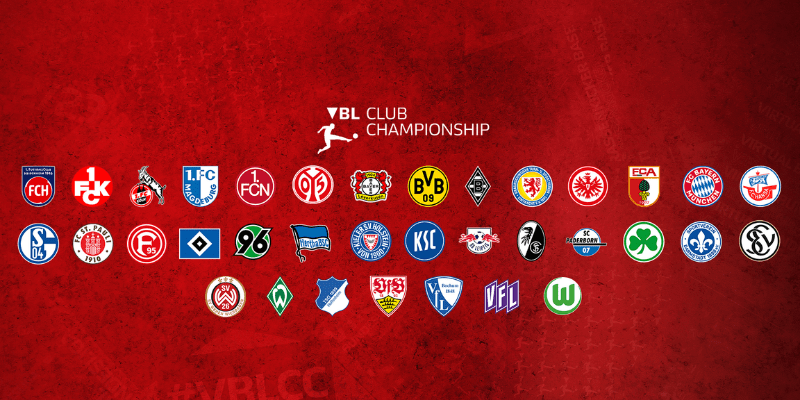
The absence of German clubs and players isn’t random. It comes down to strict contracts, commercial priorities, and legal control over image rights.
- Exclusive licensing with major publishers – The Bundesliga has long-standing deals with giants like EA Sports. These contracts make it illegal for other developers to use the same assets without paying enormous fees.
- German federation rules – The DFB and Bundesliga manage rights differently. Financial barriers for smaller studios – DLS is popular but operates on a smaller budget compared to FIFA/EA Sports FC or eFootball. Paying Bundesliga-level licensing fees could destabilize the game’s free-to-play model.
- Risk of lawsuits – Using unlicensed clubs or players can result in heavy penalties. Developers avoid risking their entire game by staying clear of restricted leagues.
Exceptions and partial appearances
Although Bundesliga squads are absent, fans may still notice some familiar German-based players. How is this possible?
- National team licenses: When a player represents their country, their image might appear in the game if the national federation has an agreement. This explains why you may see a Bundesliga striker wearing his national team kit.
- Transfers out of Germany: Once a Bundesliga star transfers to another league covered by FIFPro, they immediately become available in DLS. For example, when Erling Haaland moved.
- Loan spells or expired deals: Occasionally, legal gray areas allow a handful of Bundesliga-linked names to sneak into the game, but these are rare.
Fan frustration and community reactions
The absence of Bundesliga clubs and stars sparks heated debates every year. Many fans take to forums and social media with complaints, memes, or calls for developers to “fix it.”
- Disappointment with missing legends: Players want Lewandowski’s Bayern era, Reus leading Dortmund, or Neuer’s saves, but find them missing.
- Dream team limitations: Without German stars, squad-building feels incomplete for many users.
- Hope for the future: Some fans speculate that DLS might one day strike a deal, especially as the game grows in popularity worldwide.
Will Bundesliga ever come to DLS?
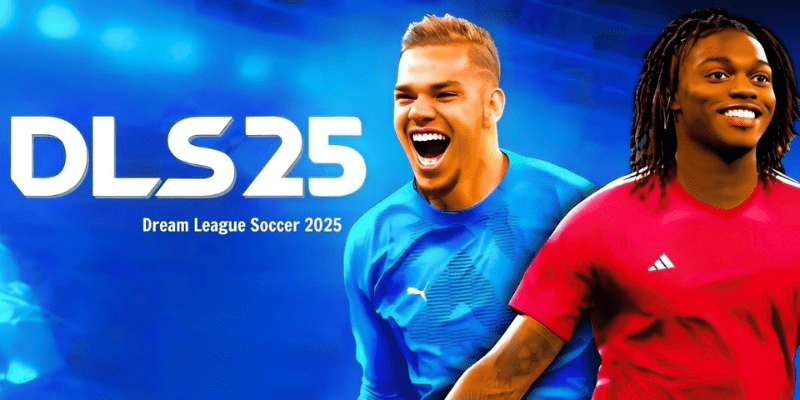
The big question remains: is there hope? The answer is “maybe,” depending on negotiations and financial growth.
- Expanding budgets – If DLS continues to attract millions of players, developers could afford Bundesliga rights in future editions.
- End of exclusivity contracts – Licensing deals eventually expire. If EA Sports loses exclusivity, smaller games might gain access.
- Fan demand – A strong community push could convince both First Touch Games and German football authorities that a deal is worthwhile.
- Alternative paths – Sometimes leagues allow partial licensing, such as featuring certain players without full club rights. This could be a stepping stone.
Conclusion
Now you know why Bundesliga players are not in DLS: strict licensing agreements, exclusivity contracts with major publishers, and financial barriers for smaller studios. While fans still hope to see Bayern, Dortmund, or Leipzig fully represented, the legal landscape makes it complicated. Still, football licensing evolves, and there’s always a chance for change in future editions.
In the meantime, SansBall encourages you to enjoy the vast pool of global stars available in DLS, build creative squads, and stay tuned for updates. Who knows? The day may come when Bundesliga giants finally step onto the Dream League Soccer pitch. Until then, keep dreaming, keep building, and keep playing.

